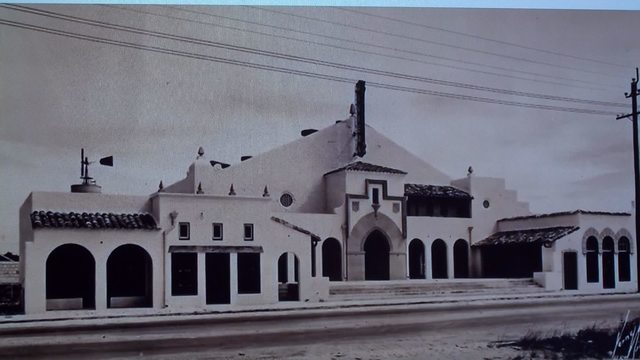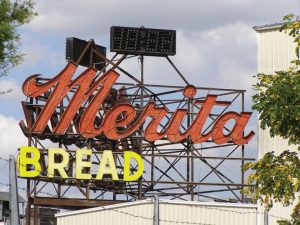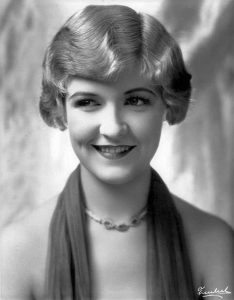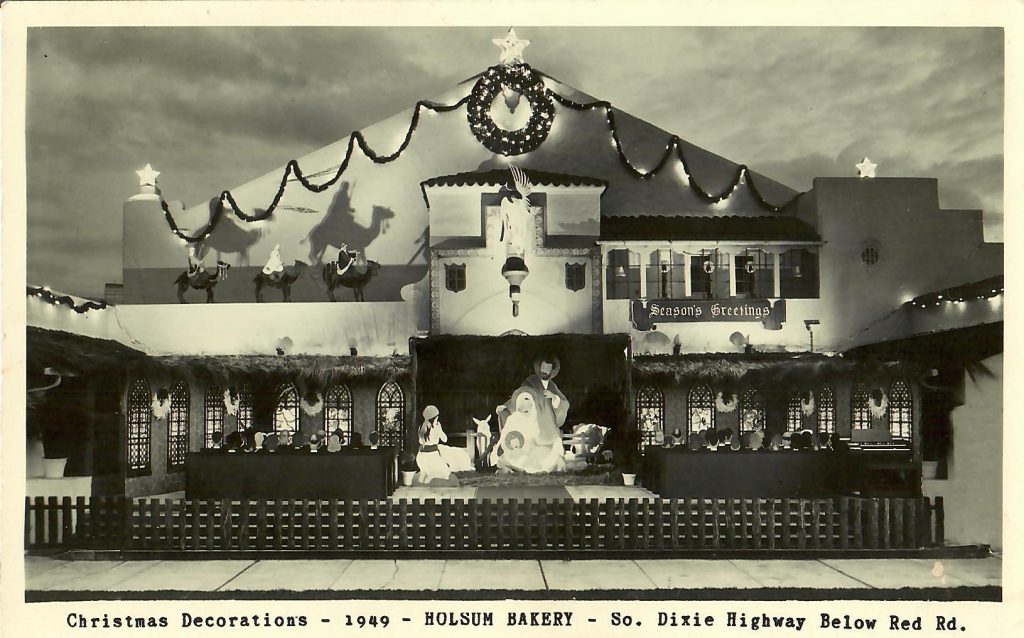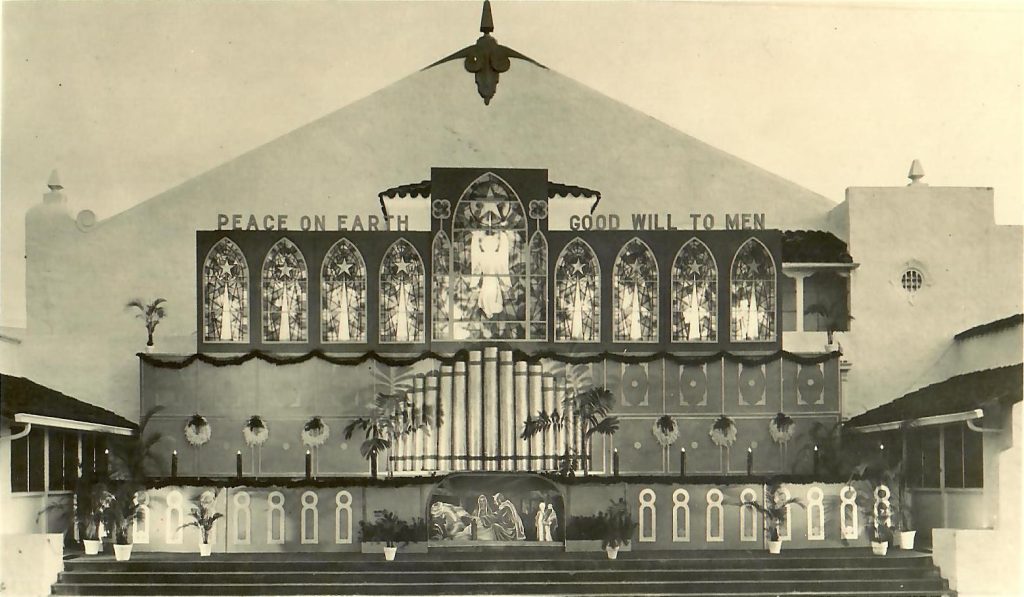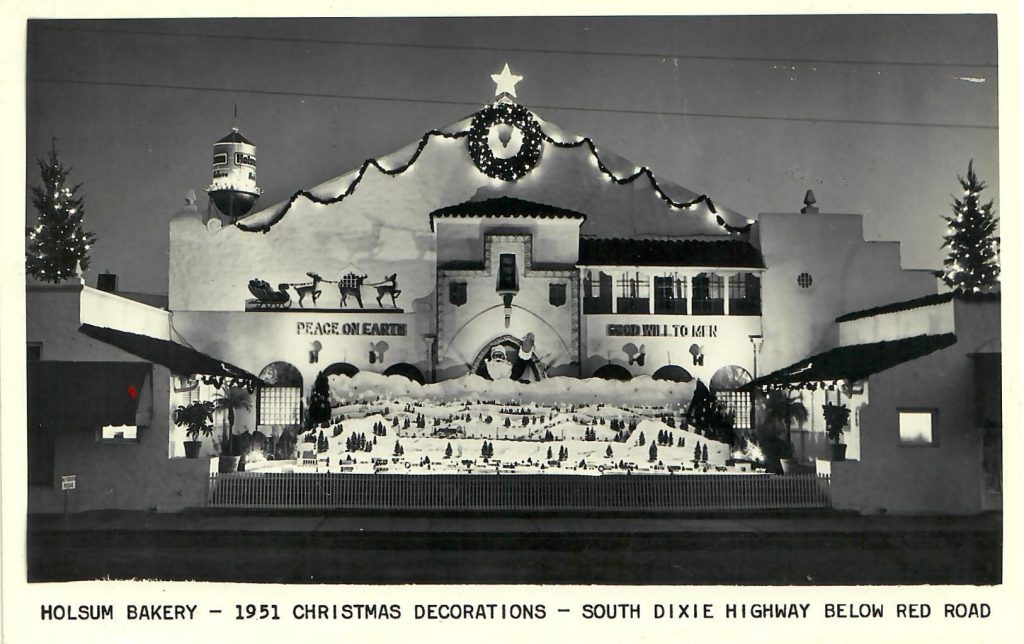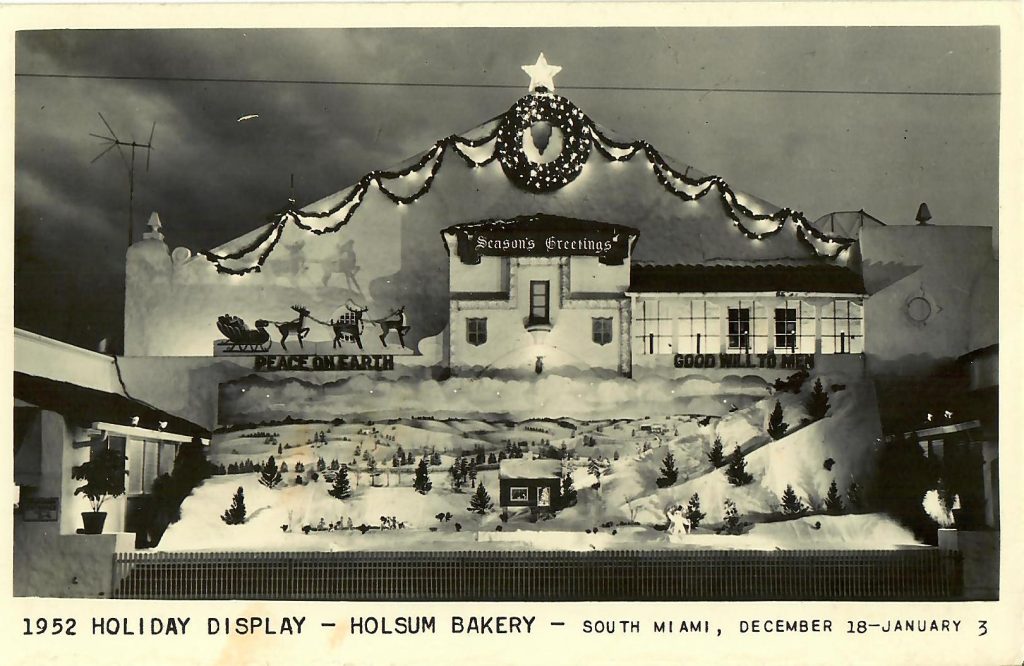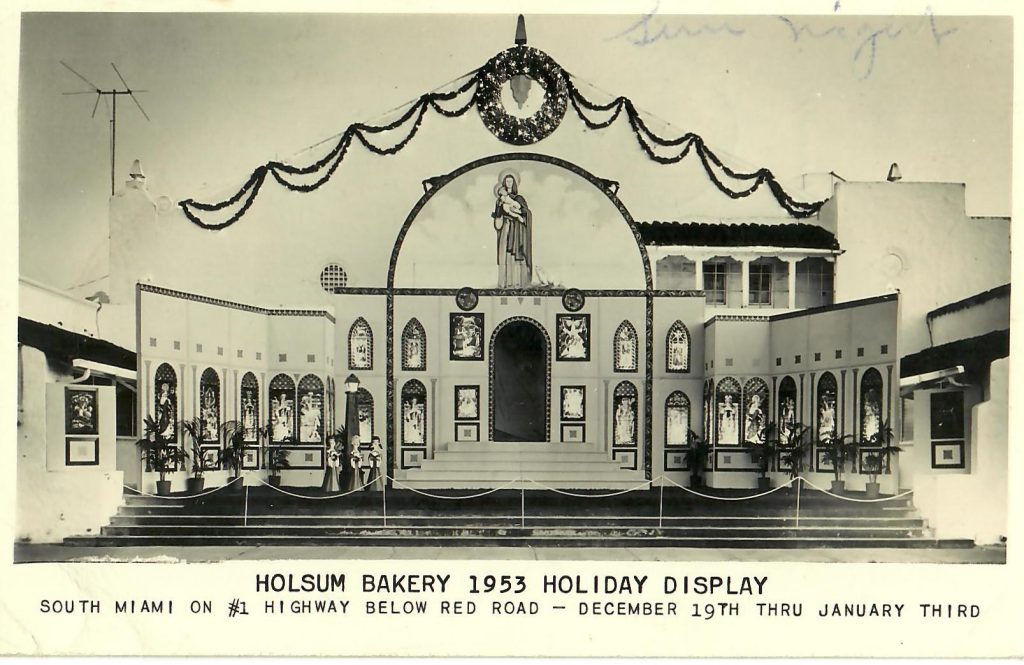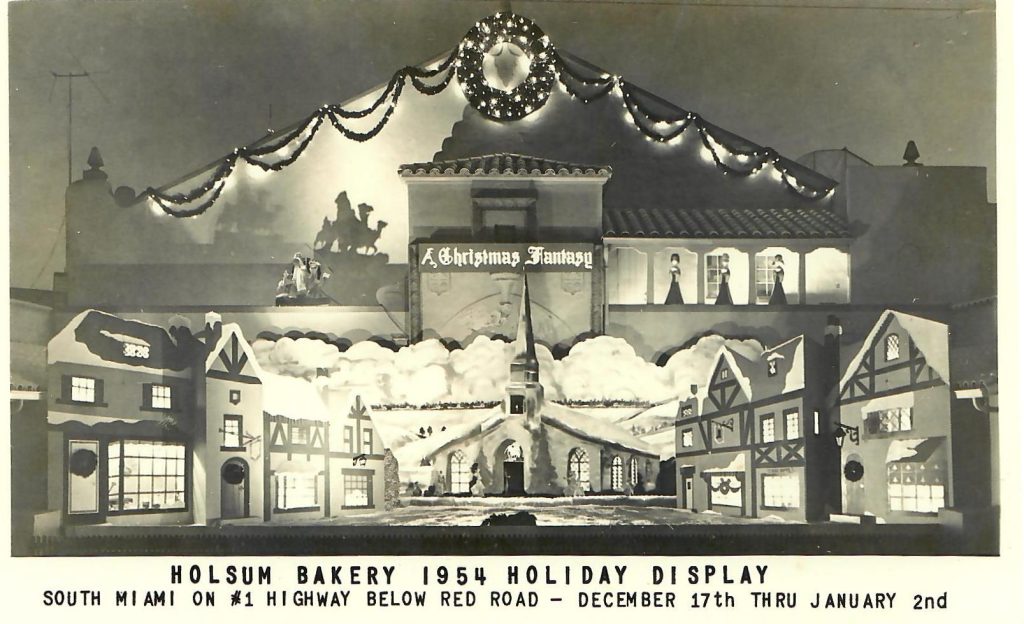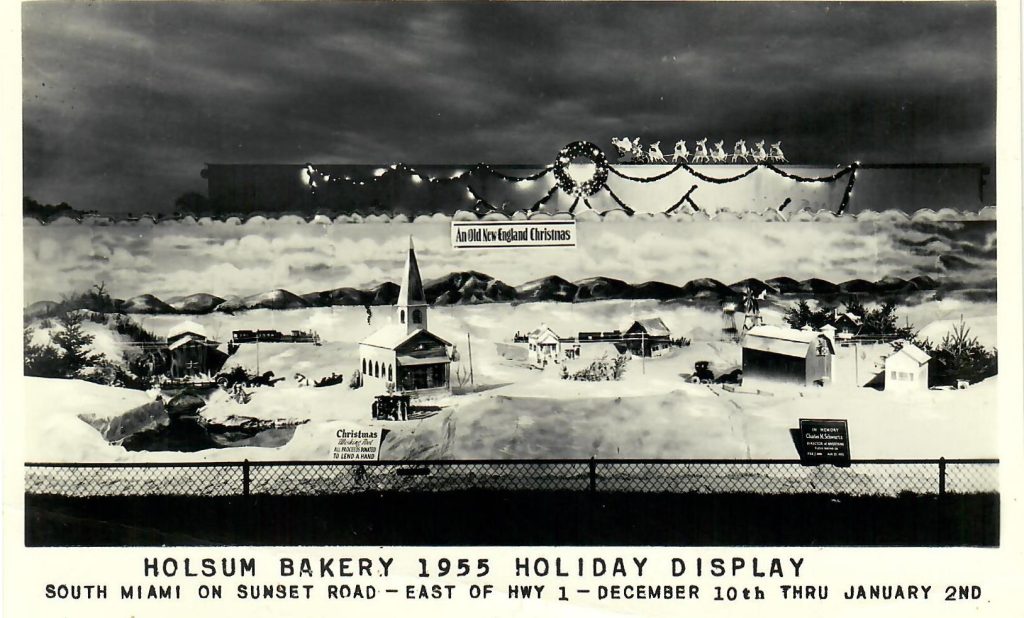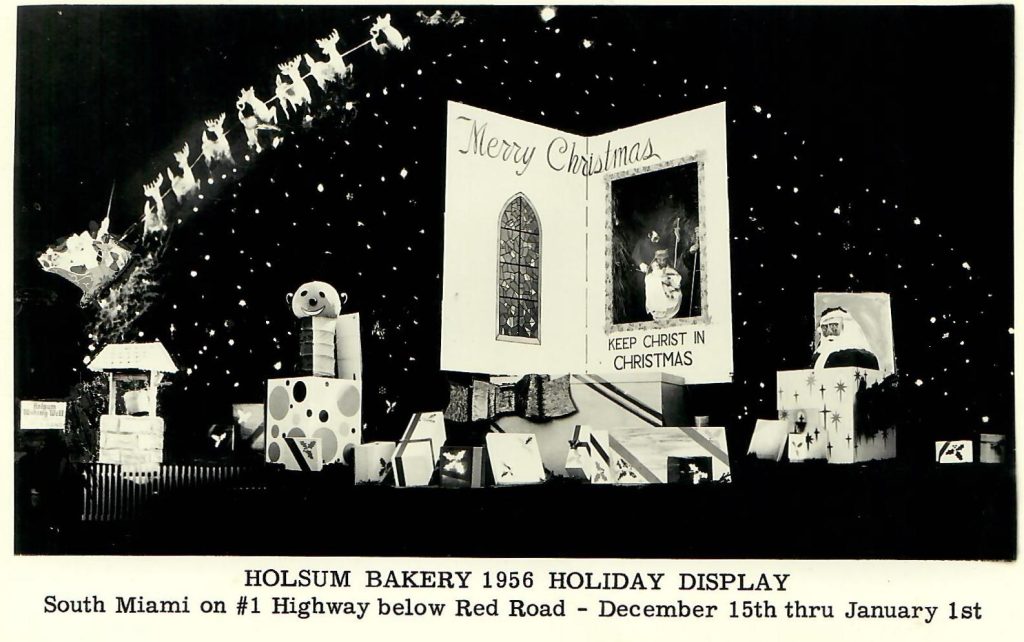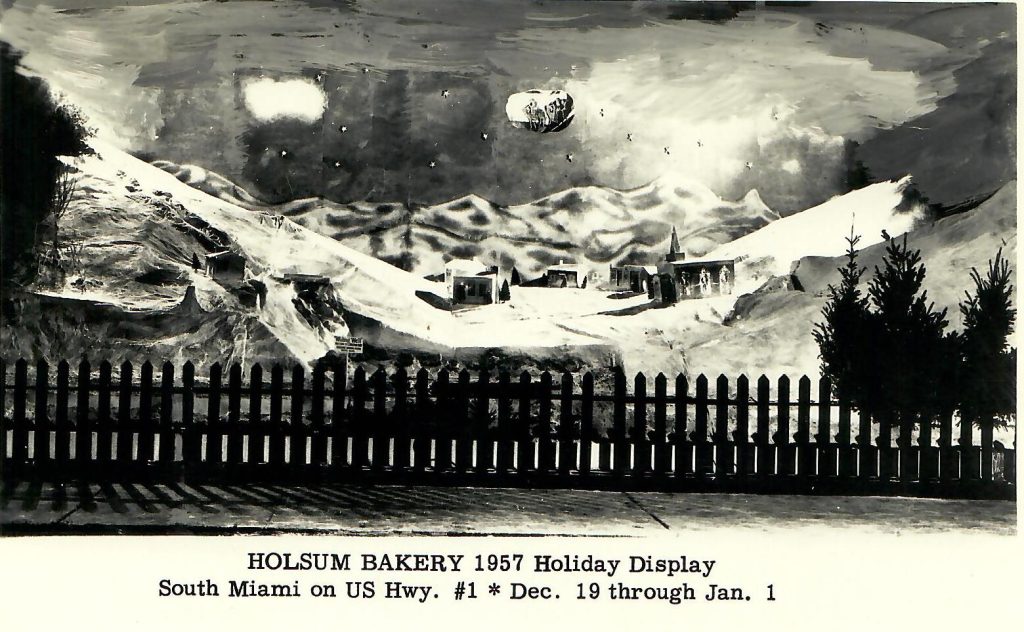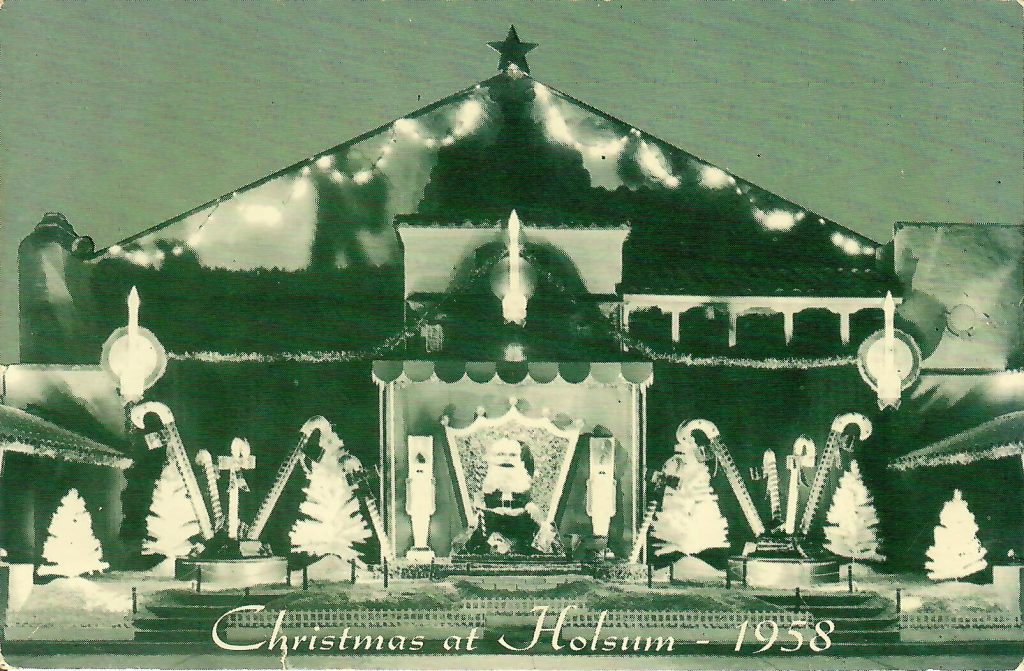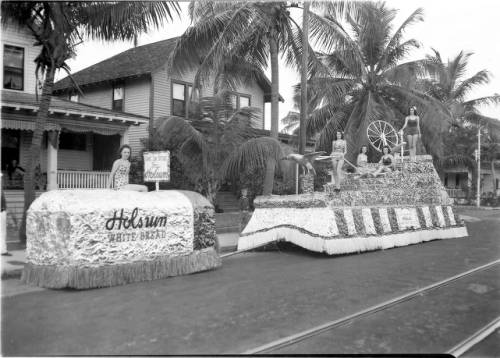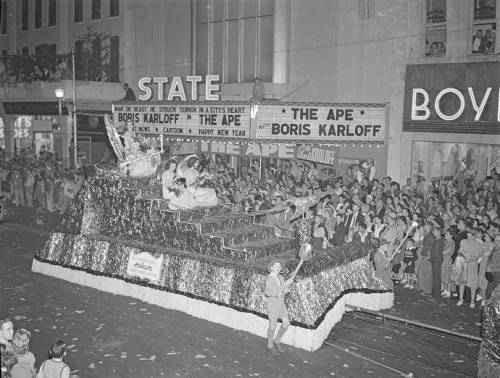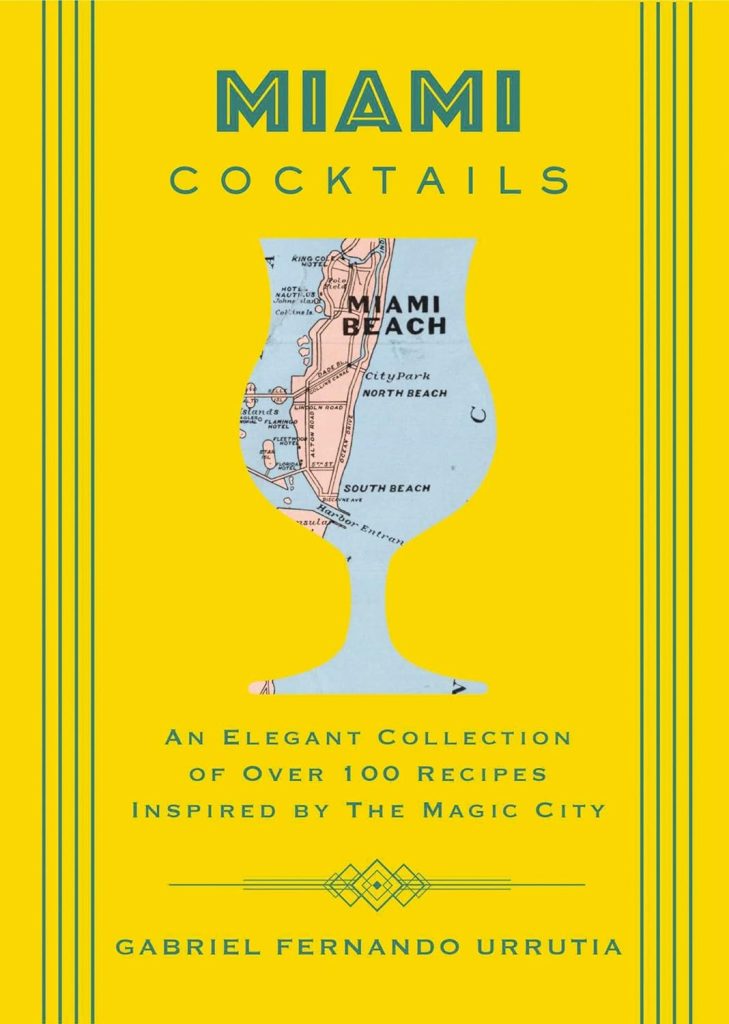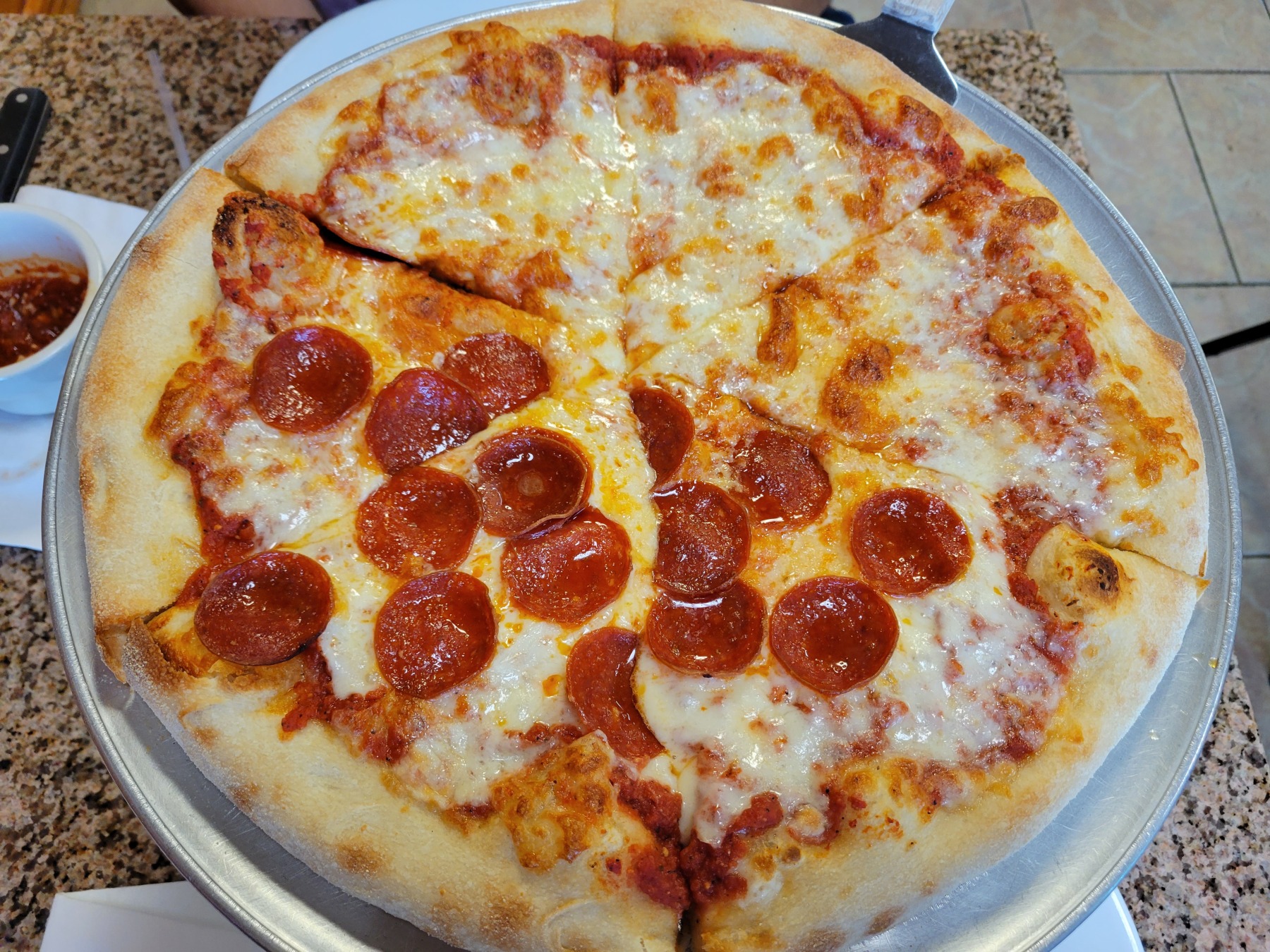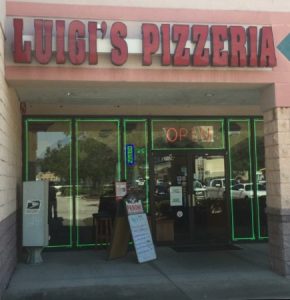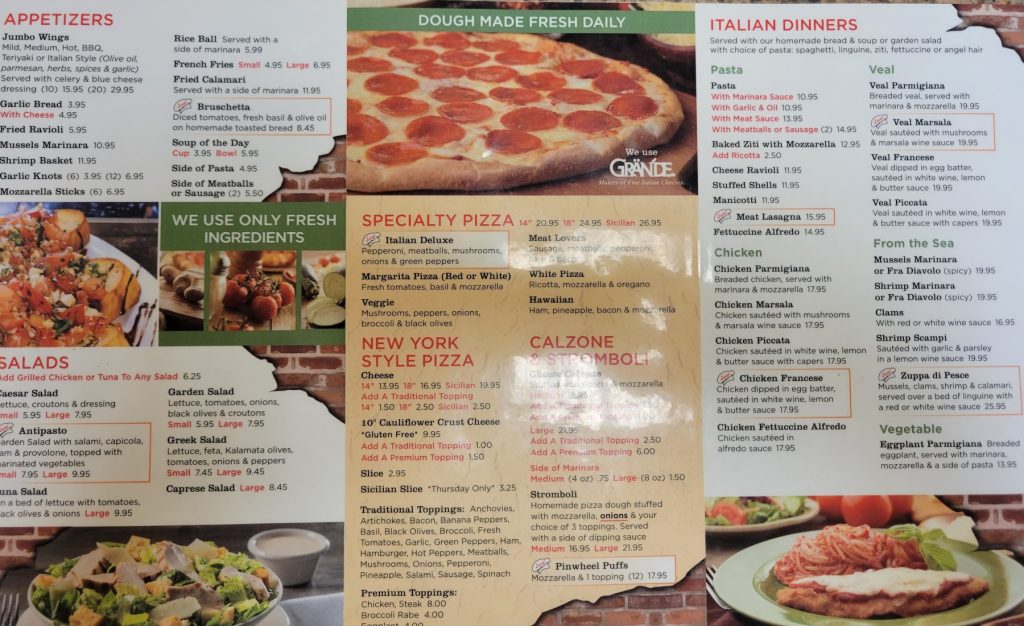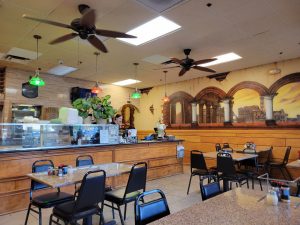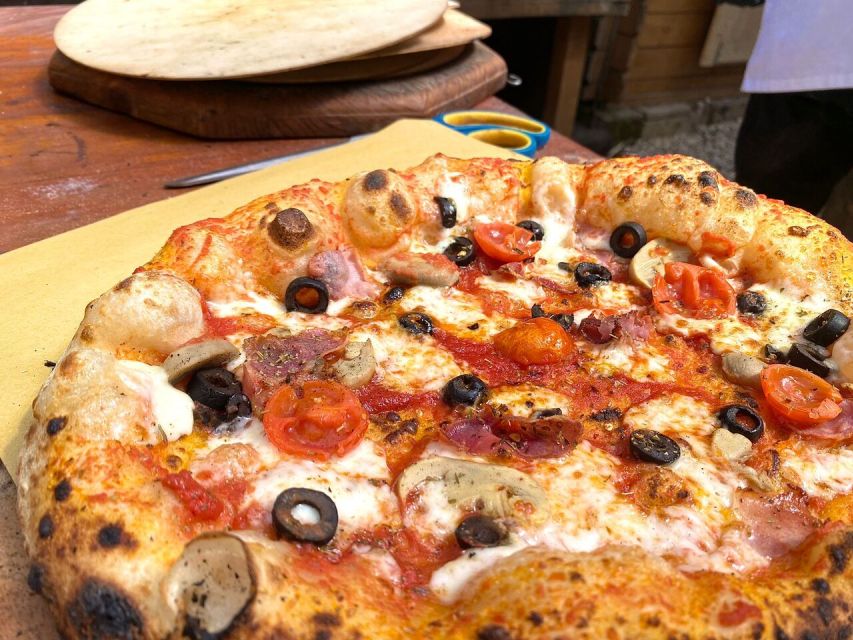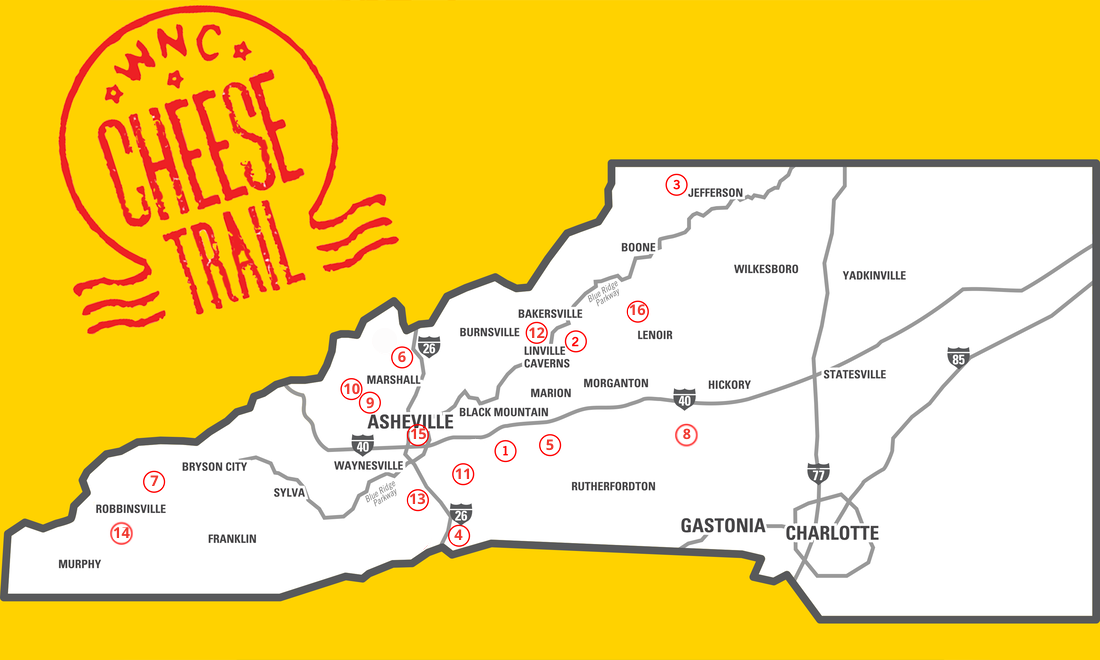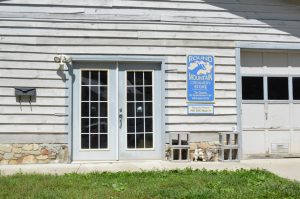How to Clean Your Chemex
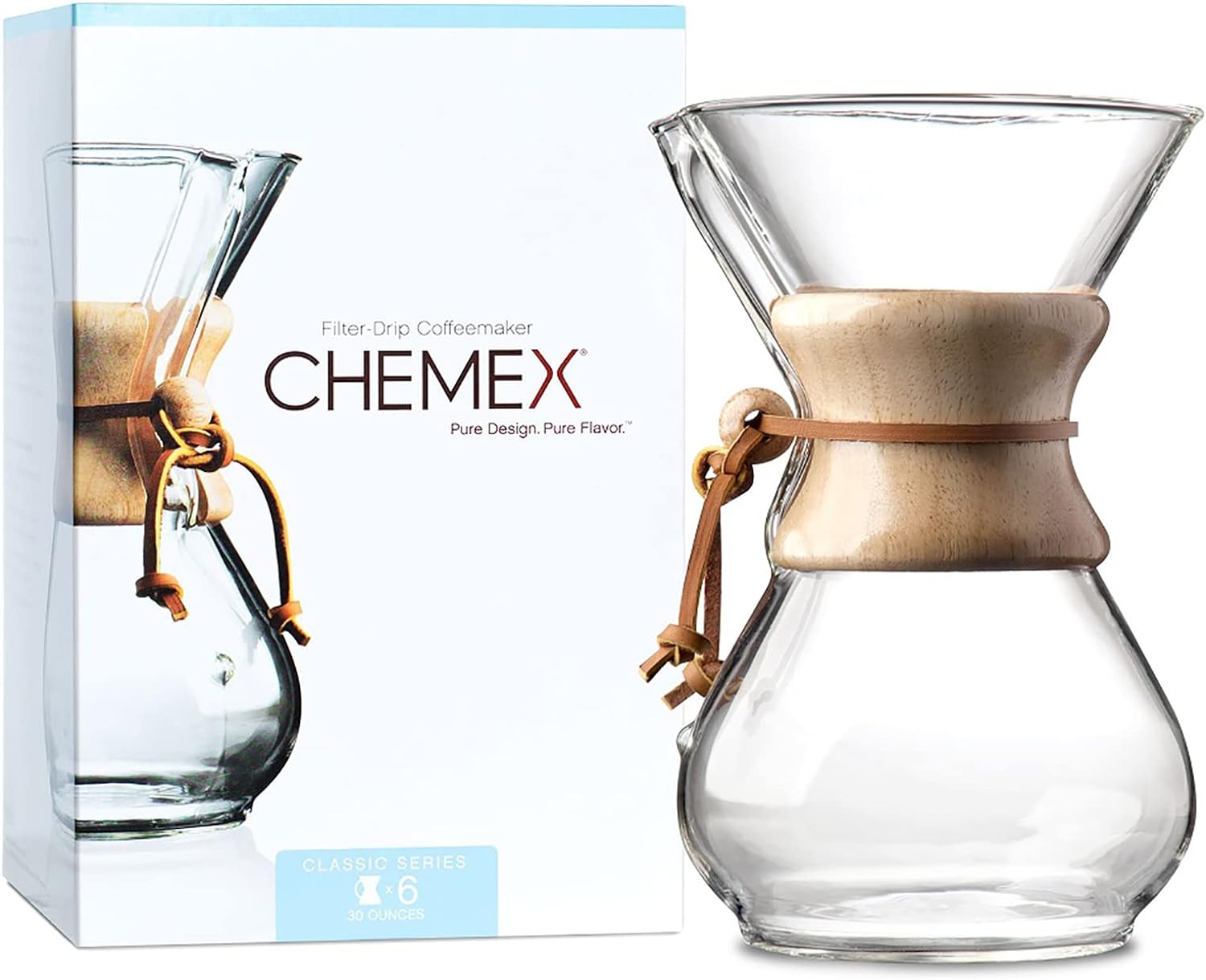
How to clean your Chemex? This is a question that all lovers of the pour over coffee brewer ask themselves on a regular basis. Find the simple answers below.
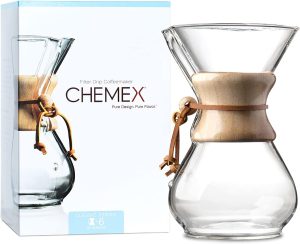 What is the Chemex?
What is the Chemex?
The Chemex is a staple in the world of third-wave coffee. The brewer works using the pour over method of extraction. Ground coffee is placed into a folded filter and water is poured over the grounds. Water pours through the grounds and filter, into the glass Chemex carafe, allowing for a smooth blend that won’t have the grit of coffee grounds as can happen with extraction methods such as the French Press.
Part of the appeal of the Chemex is the ease of use. That is not to say there isn’t a learning curve in order to get the best brew, there is. And it can be lengthy. Grind size, the coffee bean itself, bloom time, water pour, and more all play into the final cup you brew.
The Chemex is made from non-porous Borosilicate glass which will not absorb odors or chemical residues. The removeable wooden collar makes for easy and secure handling of the brewer when pouring your cup.
Design Details
Small details help make the Chemex continue to be a stand out in the world of specialty coffee brewing even after more than 80 years. First, is no doubt the look. This is a sharp looking appliance that when sitting on your counter will draw attention. Invented in 1941 by Dr. Peter Schlumbohm, a chemist who in his career obtained more than 300 patents, the Chemex design is so unique, and was so forward thinking at the time, a Chemex brewer is included in the collection of the Museum of Modern Art.
Second is the prior mentioned removeable wooden collar with rawhide tie. This collar is removable for cleaning purposes and is easy to replace. The bottom of the collar is an indicator of a full carafe. The pour spout provides air access, allowing for easy water flow through the filter, but also for an easy and safe pouring experience for the user. The small “belly button” located under the pour spout is a half-full marker.
The Chemex is available in multiple cup sizes, with the 6 and 8 cup variety being most popular. Cup size is measured at 5 ounces. If you purchase a Chemex, be sure to purchase the correct type filter. Regular batch coffee filters will not work and you will end up with a terrible cup of coffee and probably a mess when you try to pour.
 Pure Origin Coffee is providing real life empowerment for coffee growers around the world. With (6) sustainably sourced single origin coffee bags, each premium coffee benefits a project in which you can learn about via an augmented reality (AR) experience on the packaging. Use code PURE15 for 15% off your order. Click the links or the photo for more information and to place an order.
Pure Origin Coffee is providing real life empowerment for coffee growers around the world. With (6) sustainably sourced single origin coffee bags, each premium coffee benefits a project in which you can learn about via an augmented reality (AR) experience on the packaging. Use code PURE15 for 15% off your order. Click the links or the photo for more information and to place an order.
How to Clean Your Chemex
Based upon your usage you may need a more targeted and thorough cleaning than if you just occasionally use this brewing method.
The easiest cleaning methods are quite simple. The first step is to remove the wooden collar from the glass carafe. Simply untie the leather cord and the two pieces of wood will release. You may want to pay attention to how this is originally put together so you can quickly replace the pieces after cleaning. Once you do it a time or two, you’ll be a pro at it.
The first method is you can put the glass carafe in the dishwasher. Mine doesn’t really fit very well to be honest and is too tall to stand straight up. I worry about it knocking in to other dishes and cracking so this isn’t a method I use that often or personally recommend.
The second easy method involves simply filling the carafe with a few drops of unscented dish soap and water. Be sure to use unscented soap. While the carafe itself will not absorb the odor of the soap, if you don’t completely remove the residue, you will end up with a soapy taste in your cup. Nobody wants to spend five minutes or more making what should be a delicious cup of coffee, only to get a mouthful of soap. Anyway, mix the soap with water and swirl around so that the soap reaches as much of the glass as possible.
You can use a bottle brush or kitchen scrub brush to try and wipe down the inner walls, making sure the soap reaches everywhere. Pour out the mixture and give a thorough rinsing, making sure no soap bubbles still appear in the water. Turn it upside down on a kitchen towel and allow the carafe air dry. It will be ready for the next use in no time.
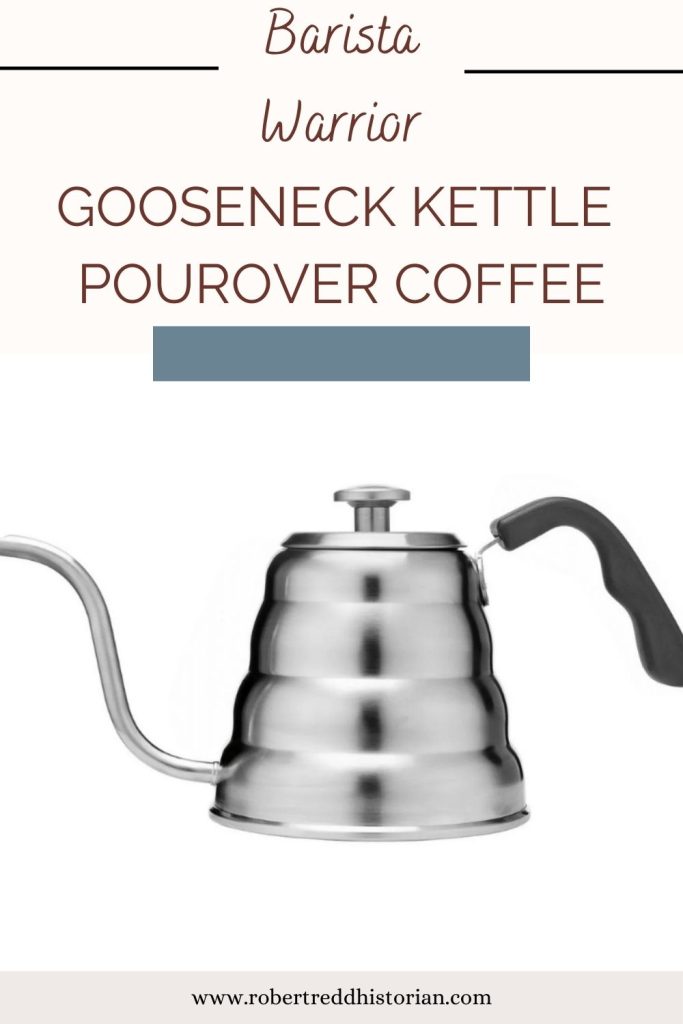
When Your Chemex Needs a More Thorough Cleaning
So you regularly clean your Chemex and keep it as nice as hand washing allows. It may still develop some scaling and the glass may look a bit cloudy after considerable use. The oils from the coffee may be building up on the interior walls despite your best efforts. It happens over time. Depending upon the water you use, there may be mineral deposits that are left behind during the brewing or cleaning process. Again, it happens over time.
How do you remove this scale buildup from inside a carafe that is difficult to reach? This is again, a quite simple process.
The Deep Cleaning Process
The supply list is short.
- White Vinegar
- Warm Water
- A bottle brush or kitchen scrub brush
- Unscented dish soap
When your carafe is cool, remove the wooden collar and safely store for reattachment.
Fill the carafe to the top rim with equal parts white vinegar and warm water. Let the full carafe sit for a few hours, or even overnight. The glass will be fine and won’t absorb the vinegar odor. If the outside of the carafe is a bit dirty, particularly the area where the wooden collar sits, give it a quick scrub with the vinegar and water mixture.
When you are ready, pour out the vinegar and water mixture. Give the carafe a thorough rinse with running water to remove all the vinegar. Give it a good cleaning as you regularly do with unscented dish soap and warm water. Make sure to get the spout area where the vinegar mixture could easily be sitting. Allow the carafe to air dry. Next morning, give it a good sniff to make sure you have removed all the vinegar and soap residue, attach the collar, and you are ready to brew a delicious cup or two of your favorite coffee.
Chemex Brand Cleaning Products
I would be remiss to not mention that Chemex offers its own line of cleaning products including a brush and coffeemaker cleaning solution. Both are available on the Chemex website under the accessories tab. Normally I would refer you to Amazon, however these two products are cheaper directly from Chemex at the time of writing.
So there you have it, simple, easy, and effective ways to clean your Chemex coffee brewer. Using these simple methods, your Chemex brewer should provide you with years of delicious coffee.

This post may contain affiliate links. If you click these links and make a purchase, I may receive a small commission. This commission does not affect any price that you pay. Affiliate programs or sponsors providing products do not influence my views and opinions.






